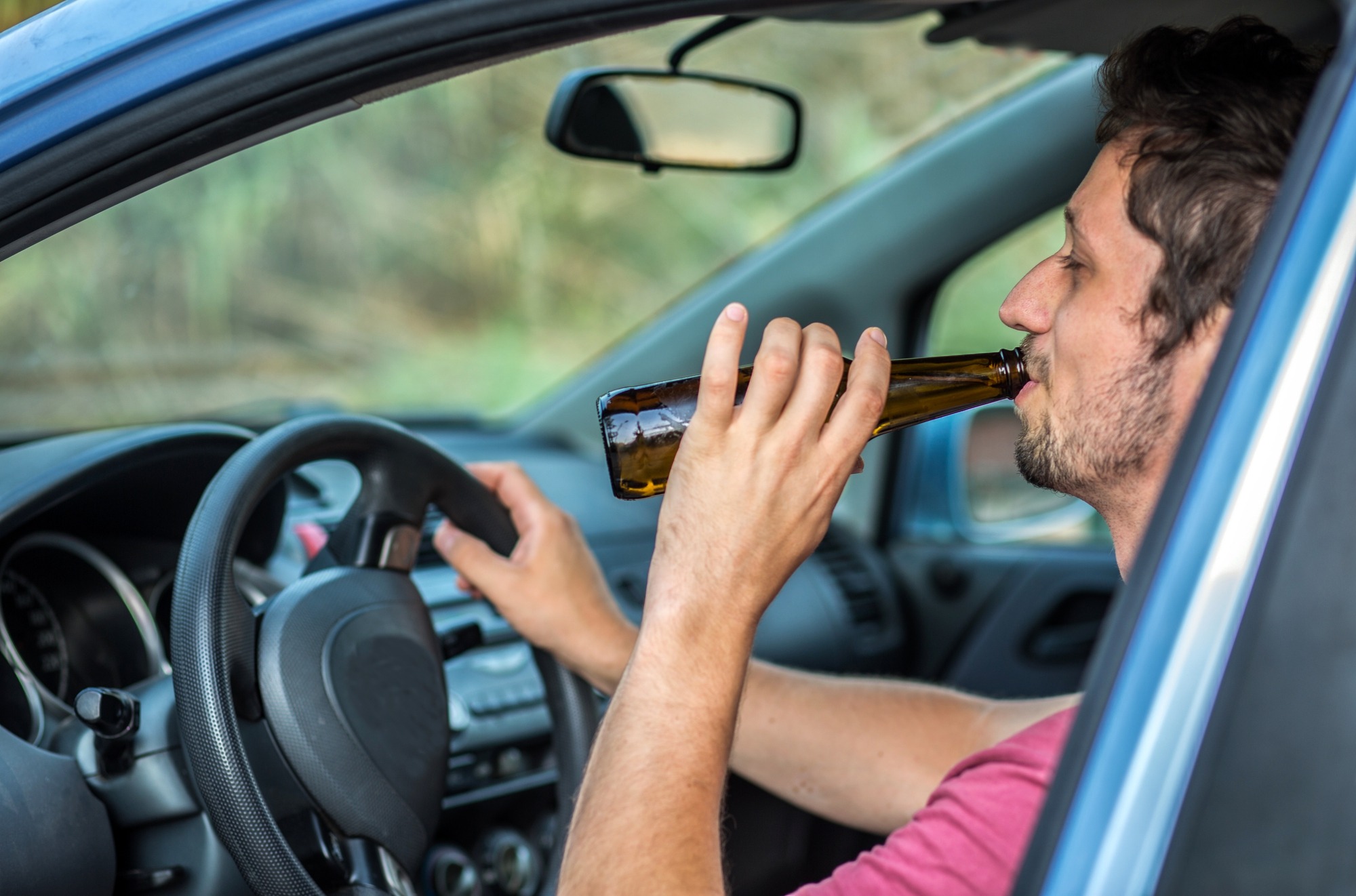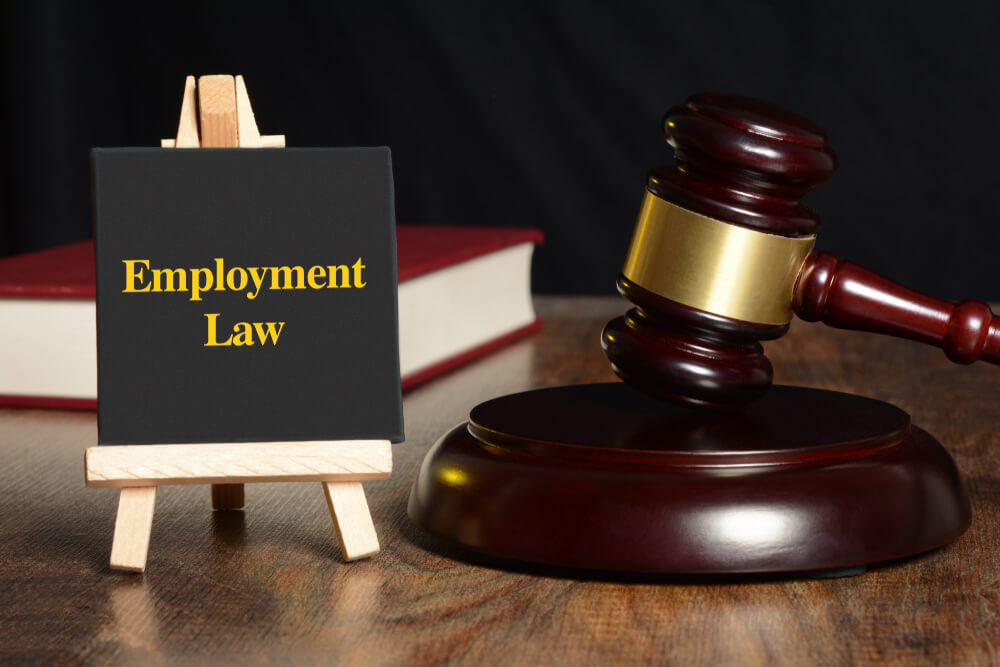The question of whether someone can be charged with DUI on private property is one that surprises many people. Most drivers assume that if they’re not on a public road or highway, they’re safe from DUI laws. Unfortunately, that assumption could lead to serious legal consequences. Protecting your rights when facing DUI on private property allegations is not only possible—it’s essential. The nuances in the law could mean the difference between a conviction and a strong defense.
In this article, we’ll break down what DUI on private property really means, how state laws vary, what kind of situations lead to these charges, and what steps you should take if you find yourself in the crosshairs of law enforcement. Along the way, you’ll hear real-life examples and practical advice rooted in legal reality.

What Does DUI on Private Property Actually Mean?
Let’s start with the basics. A DUI, or Driving Under the Influence, typically involves operating a vehicle while impaired by alcohol or drugs. But when we add the element of private property, the definition becomes more complex.
Many people believe DUI laws only apply to public roads, but in several states, including Texas, you can be charged with DUI on:
- Private driveways
- Gated communities
- Parking lots (even those attached to private businesses)
- Ranch roads or farmland
- Private property with public access
In short, DUI on private property doesn’t always mean you’re off the hook. Depending on how the property is used and who has access to it, law enforcement may still have authority to intervene.
Real-Life Example: The Backyard Golf Cart Case
Imagine this: Tom, a 44-year-old from suburban Austin, throws a summer barbecue. After a few drinks, he hops on his golf cart and gives some friends a ride around his backyard, which spans a few acres. A neighbor calls in a noise complaint. Police arrive, and upon seeing Tom behind the wheel of the golf cart—clearly intoxicated—they arrest him for DUI.
Tom’s shocked. “This is my land. How can I get a DUI on private property?” The answer lies in how state laws define the operation of a vehicle and what counts as public access. In some cases, even limited access by guests or delivery drivers can make a property ‘public enough’ to trigger DUI laws.
State-by-State Variations in DUI Law
If you’re facing DUI on private property allegations, one of the first things you must understand is that laws differ significantly from state to state. Here’s how:
Texas
Texas law (Texas Penal Code § 49.04) defines “public place” broadly. A public place is any location to which the public or a substantial group of the public has access. This includes apartment complexes, shopping center parking lots, and even private ranches if guests or employees use the roads.
California
California is somewhat stricter. Under California Vehicle Code § 23152, DUIs are enforceable on “highways and other areas open to the general public.” That can include private property like mall parking lots or business parks, but not necessarily a gated estate.
Florida
Florida law is more lenient. DUI laws generally only apply to public roadways. If you’re on purely private property with no public access, you may have a stronger defense.
Other States
Some states make no distinction at all—if you’re operating a vehicle while impaired, regardless of location, you can be charged. Others require that the vehicle be in a place with some level of public exposure.
What Counts as a Vehicle on Private Property?
Another key question when discussing DUI on private property is what type of “vehicle” you were operating. The law doesn’t limit DUI charges to just cars or trucks. In many states, you can be charged for driving:
- Golf carts
- ATVs
- Lawn tractors
- Farm equipment
- Even bicycles or scooters in some jurisdictions

So if you think, “It’s just a golf cart,” think again. If it’s motorized and you’re using it while intoxicated, it may be enough to trigger a DUI—even on your own land.
When Private Property Still Feels Public
ManyDUI charges happen in locations that blur the line between private and public. These include:
- Apartment complex parking lots
- Drive-thru lanes
- Private club driveways
- Event venues
- Industrial business yards
In these environments, police often argue that while the property is technically private, it’s accessible enough to the public to justify enforcement.
So if you’re facing DUI on private property allegations, be prepared for the prosecution to frame the location as functionally public—even if you don’t see it that way.
Can Police Enter Private Property Without a Warrant?
This is where Fourth Amendment protections come into play. Police can’t simply barge onto private land without a reason. But under probable cause or exigent circumstances, they often can. Courts have generally upheld these exceptions when there’s a perceived immediate threat to public safety or risk of evidence being destroyed.
If an officer sees someone drive into a private driveway erratically, or if they’re responding to a noise complaint or accident report, they may have the right to investigate without a warrant. In such scenarios, the property’s level of visibility and accessibility often influences the legal justification for their entry.
Understanding your rights is crucial. If your arrest stemmed from an unlawful entry, it could become a key part of your legal defense. Suppressing any evidence obtained through an unconstitutional search can shift the outcome of your DUI case dramatically.
Real-Life Case: The Ranch Arrest in West Texas
Consider the case of Luis, a ranch owner outside of Midland. After a long day, he drove his pickup from one end of his ranch to another after having several beers. A passerby saw him swerving near the main gate and called 911. Deputies entered the property and arrested him for DUI.
Luis fought the charge, arguing the land was privately gated, and there was no reason for police to be there. But because the gate was open to vendors and service trucks during the day, the court ruled that the area had enough public access to warrant the arrest.
This example shows that even property you think is private can become the backdrop for a valid DUI arrest under Texas law.
Legal Defenses Against DUI on Private Property Charges
If you’re charged, don’t assume a conviction is guaranteed. Here are common defenses your attorney might explore, especially when the circumstances of private property complicate the prosecution’s burden of proof.
1. Challenging Public Access
Your defense can argue that the location was not publicly accessible. If no one outside your household had access, the state may struggle to prove their case. Proving restricted entry and lack of general public use can significantly weaken the prosecution’s argument.
2. No Operation of a Vehicle
Being near a vehicle isn’t the same as operating it. If you were sitting in your car without the engine running, that can weaken the prosecution’s claim. Courts often require clear evidence of physical control over the vehicle while intoxicated to support a conviction.
3. Improper Police Procedure
Did the officer have a valid reason to enter your property? Were your rights violated? Did they conduct a lawful search? These questions can make or break a DUI case. Any evidence gathered unlawfully may be deemed inadmissible, possibly leading to case dismissal.
4. Faulty Testing
Breathalyzers and field sobriety tests aren’t foolproof. Calibration issues, officer error, or medical conditions can all be used to challenge results. Your attorney may also cross-examine test administrators or introduce expert testimony to dispute test accuracy.

Protecting Your Rights During the DUI Process
Facing a DUI on private property allegation can be overwhelming. But the moment you’re stopped or arrested, your rights matter. Here’s what to do:
- Remain polite but silent: Don’t volunteer information
- Refuse field sobriety tests (if your state allows)
- Request legal counsel immediately
- Do not consent to searches
- Take mental notes of everything that happens
Getting legal help early is crucial. A good attorney will assess whether the property truly qualifies under DUI statutes and whether the arrest violated your rights.
The Long-Term Consequences of a Private Property DUI
Even if it seems like a minor case, a conviction can have lasting effects:
- License suspension
- Fines and court costs
- Increased insurance rates
- Criminal record
- Probation or jail time
- Employment issues

Don’t let the “private” label fool you—a DUI on private property can be just as damaging as one on a public road.
Key Strategies to Protect Your Rights in Private Property DUI Cases
So, can you get a DUI on private property? In many states, yes. And while it may feel unfair—especially if you were on your own land—the legal reality is more complicated than most people assume. Protecting your rights when facing DUI on private property allegations means understanding the charges, the property’s classification, and how law enforcement actions fit within your constitutional protections.
From backyard barbecues to ranch roads, the location doesn’t always shield you from legal consequences. But with a strategic legal defense, early action, and awareness of your rights, you can fight the charge and protect your future.


